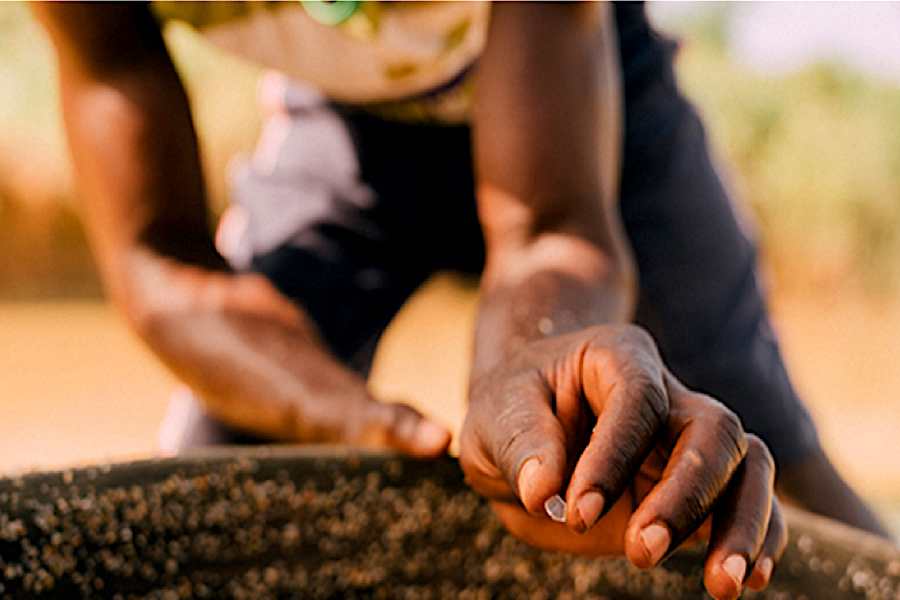De Beers sells first traceable diamonds under GemFair


Anglo American’s De Beers, the world’s largest rough diamond producer by value, has sold the first roughs produced under the GemFair program, aimed at removing conflict diamonds from the market by tracing the route of precious stones dug up by artisanal and small-scale miners (ASM).
The company said several ethically sourced, traceable diamonds from prospectors in Sierra Leone were available at the auction in Singapore. All gem-quality diamonds, the largest being an 11-cartas rock, found their buyers, De Beers said.
Since beginning as a pilot in 2018 with 14 registered ASM sites, GemFair has expanded to nearly 200 mining areas participating in the program.
While GemFair has been purchasing rough diamonds from its members since its inception, bringing those diamonds to market required a considered approach, De Beers said. That included the creation of the GemFair ASM Assurance Programme, the development of a digital traceability solution, the production profile of the goods, and the impact of the pandemic on volumes.
“We’ve been focused on bringing beautiful, traceable, ethically sourced ASM diamonds to market and to demonstrate that buying diamonds from artisanal and small-scale miners in a responsible way is the right thing to do and has the potential to be transformative for the sector,” Steve Allan, head of GemFair, said in the statement.
Artisanal mining accounts for only 20% of global diamond production, but carries a tainted reputation that’s damaged consumer confidence for almost 20 years.
Between 1991 and 2002, the district of Kono, in Sierra Leone, was at the centre of the “blood diamond” trade that funded the country’s brutal civil war as rebel groups exchanged gems for weapons.
Despite the establishment of the Kimberley Process in 2003, aimed at removing from the supply chain the now called “conflict diamonds” (those mined in an area of armed conflict and traded illicitly to finance the fighting), experts say trafficking of precious rocks is still ongoing.
According to Canada-based Centre for Research on Globalization (CRG) about one-fifth of diamonds on the global market in value terms are still a significant source of funding for regimes accused of committing crimes and human rights violations.
This article was first published on www.Mining.com.
Comments